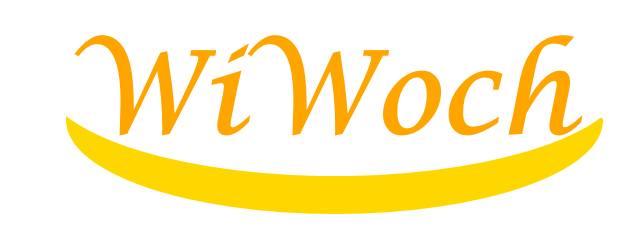Effective Approaches for Treating Spinal Stenosis
Spinal stenosis is a common condition that affects the spinal canal, causing it to narrow and put pressure on the nerves and spinal cord. This can lead to pain, numbness, weakness, and other symptoms. Fortunately, there are various treatment options available that can help manage and alleviate the symptoms of spinal stenosis. In this article, we will explore some of the effective approaches used for the treatment of spinal stenosis.
Physical Therapy:
Physical therapy is often recommended as a conservative treatment for spinal stenosis. It involves specific exercises and stretches that aim to strengthen the muscles supporting the spine, improve flexibility, and alleviate pain. Physical therapists can also provide guidance on posture correction and body mechanics to reduce stress on the affected area.
READ MORE HERE: https://universitypain.net/spinal-stenosis-treatment-rochester-hills/
Medications:
Medications can be useful in managing the symptoms associated with spinal stenosis. Nonsteroidal anti-inflammatory drugs (NSAIDs) such as ibuprofen or naproxen sodium may help reduce pain and inflammation. In some cases, muscle relaxants can also be prescribed to alleviate muscle spasms and improve mobility. However, it's important to consult a healthcare professional before starting any medication.
Steroid Injections:
For individuals with severe pain or inflammation, corticosteroid injections can provide temporary relief. These injections are administered directly into the affected area of the spine, targeting the inflamed nerve roots. Corticosteroids have strong anti-inflammatory properties, which can help reduce swelling and alleviate pain. It's worth noting that the effects of these injections are usually temporary, and repeated injections may be required.
#HEALTH #FITNESS #BODYBUILDING #MEN #WOMEN
Effective Approaches for Treating Spinal Stenosis
Spinal stenosis is a common condition that affects the spinal canal, causing it to narrow and put pressure on the nerves and spinal cord. This can lead to pain, numbness, weakness, and other symptoms. Fortunately, there are various treatment options available that can help manage and alleviate the symptoms of spinal stenosis. In this article, we will explore some of the effective approaches used for the treatment of spinal stenosis.
Physical Therapy:
Physical therapy is often recommended as a conservative treatment for spinal stenosis. It involves specific exercises and stretches that aim to strengthen the muscles supporting the spine, improve flexibility, and alleviate pain. Physical therapists can also provide guidance on posture correction and body mechanics to reduce stress on the affected area.
READ MORE HERE: https://universitypain.net/spinal-stenosis-treatment-rochester-hills/
Medications:
Medications can be useful in managing the symptoms associated with spinal stenosis. Nonsteroidal anti-inflammatory drugs (NSAIDs) such as ibuprofen or naproxen sodium may help reduce pain and inflammation. In some cases, muscle relaxants can also be prescribed to alleviate muscle spasms and improve mobility. However, it's important to consult a healthcare professional before starting any medication.
Steroid Injections:
For individuals with severe pain or inflammation, corticosteroid injections can provide temporary relief. These injections are administered directly into the affected area of the spine, targeting the inflamed nerve roots. Corticosteroids have strong anti-inflammatory properties, which can help reduce swelling and alleviate pain. It's worth noting that the effects of these injections are usually temporary, and repeated injections may be required.
#HEALTH #FITNESS #BODYBUILDING #MEN #WOMEN
0 Comments
0 Shares

 Change Language
Change Language